Launch of New Satellite Communication Smartphone: Xiaomi 14 Ultra
Another satellite communication mobile phone has hit the market! Following Huawei’s launch of satellite communication technology, this year has seen more than one domestic smartphone incorporating this feature. Recently, Xiaomi’s first satellite communication phone, the Xiaomi 14 Ultra, has entered the competition by adopting TianTong satellite communication technology, supporting two-way satellite functions for voice calls and text messages. So how does this Xiaomi 14 Ultra perform in satellite communication compared to the “big brother” Huawei? Let’s take a closer look at the test and comparison results.
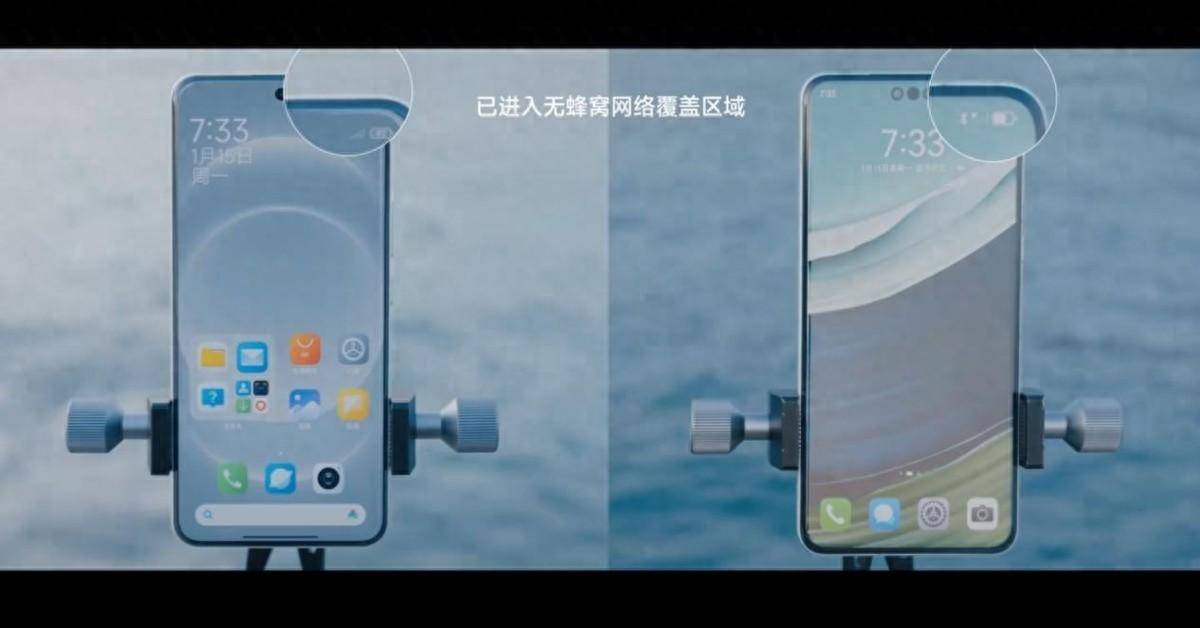
Before conducting the test, the Xiaomi 14 Ultra and Huawei’s satellite communication phones were taken to an area with no cellular network coverage. Both phones’ satellite communication functions were then activated to begin the test. Upon searching and locating the satellite, the Xiaomi 14 Ultra took 2 seconds to complete the search, while the Huawei P60 Pro took 5 seconds. In terms of satellite searching speed, the Xiaomi 14 Ultra was quicker, taking less time to locate the satellite.
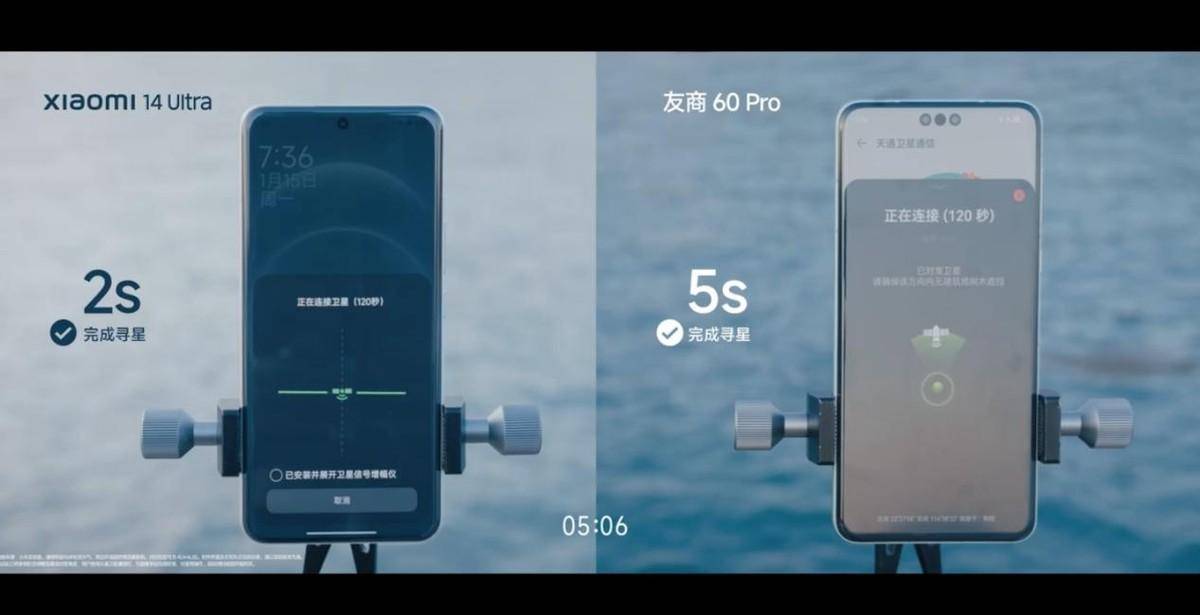
After locating the satellite, both phones began connecting to the satellite simultaneously. The Xiaomi 14 Ultra took approximately 25 seconds to establish a successful satellite connection, while the Huawei P60 Pro displayed 35 seconds for a successful connection. Comparing these connection speed data, the Xiaomi 14 Ultra connected to the satellite faster, slightly outperforming the Huawei P60 Pro.
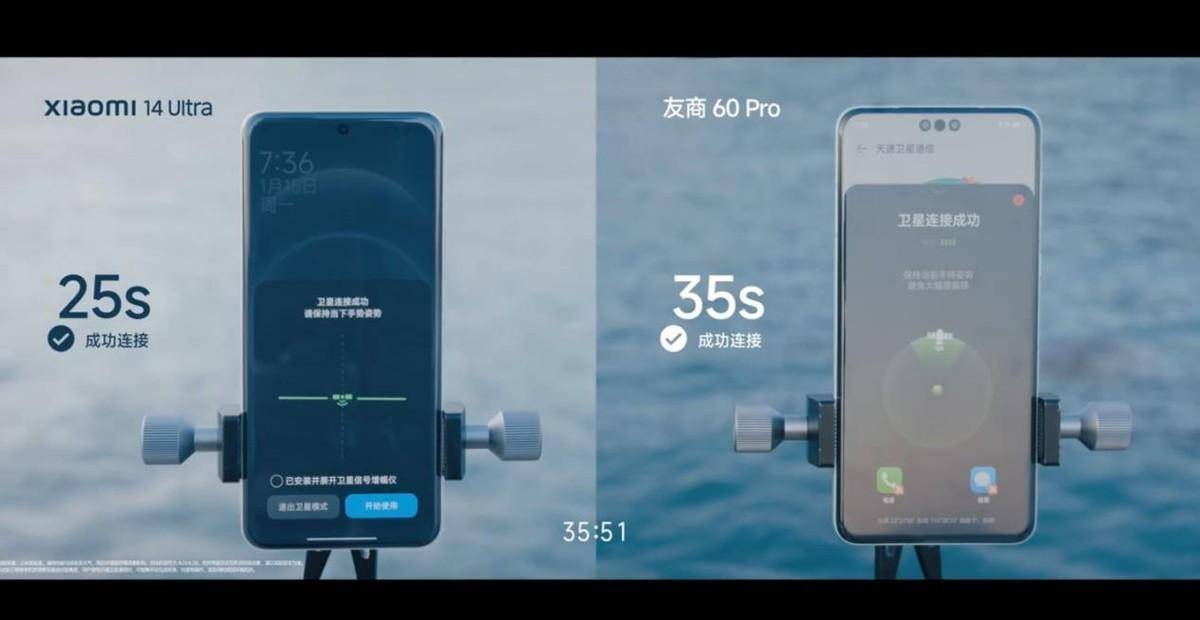
Subsequently, a satellite call was made using both phones. The Xiaomi 14 Ultra took 20 seconds from the moment of initiating the call to connecting, while the Huawei P60 Pro took 23 seconds. In this comparison of call connection speed, both phones were almost on par, with the Xiaomi 14 Ultra slightly faster by 3 seconds in connecting the call.
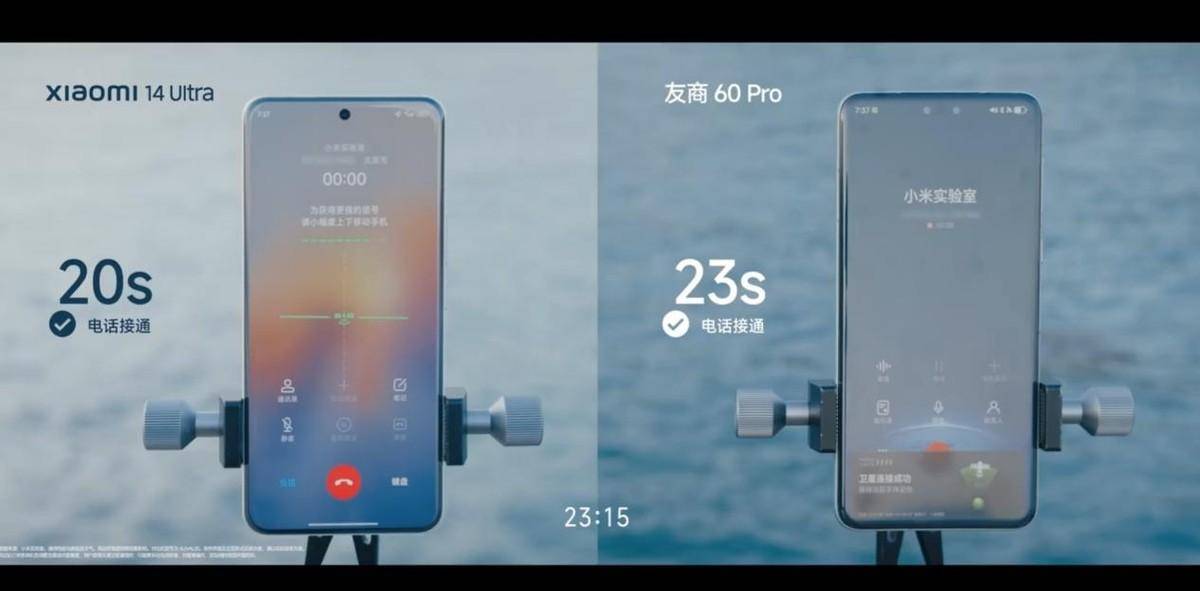
Based on these three tests, it is evident that the Xiaomi 14 Ultra excels in satellite search speed, connection speed, and call connection speed. Nevertheless, Huawei’s P60 Pro also demonstrates decent performance in these aspects, as it was one of Huawei’s flagship satellite communication devices in the first half of last year, supporting two-way BeiDou satellite messaging. Through the Changlian app, users could send preset texts or quick help requests, mark their current status, choose location information, and receive replies from the other party. Therefore, its satellite communication capabilities are not inferior to those of the Xiaomi 14 Ultra.
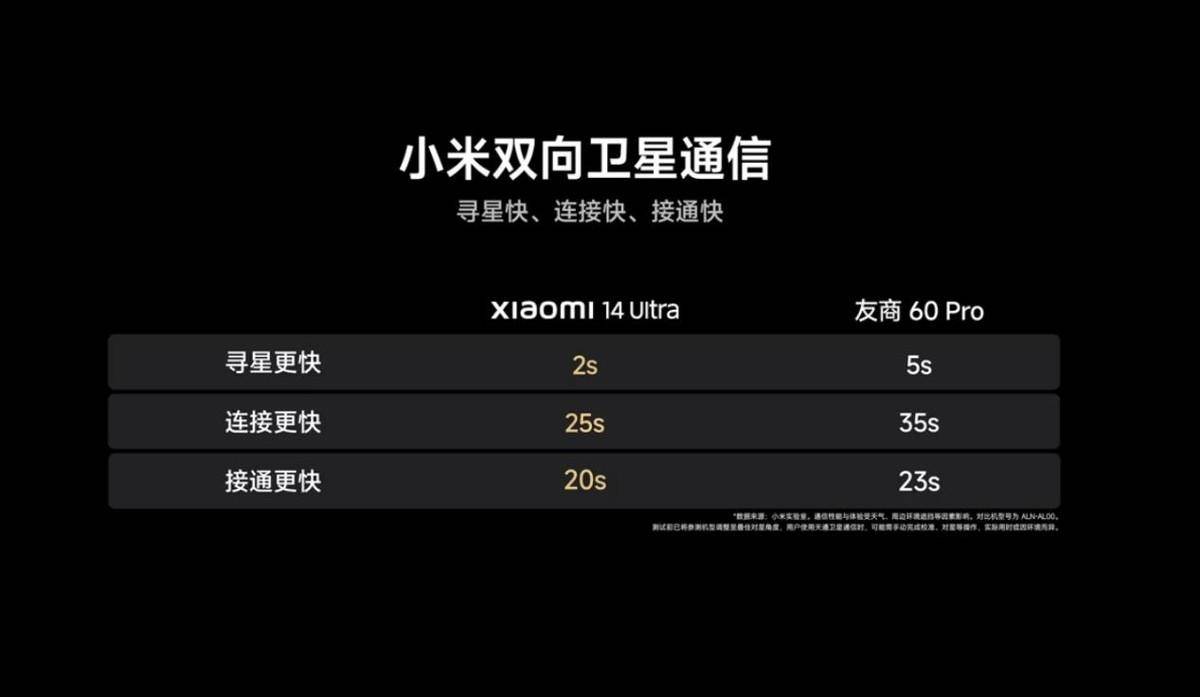
As Xiaomi’s first satellite communication phone, the Xiaomi 14 Ultra supports two-way satellite calls and messaging from the outset with commendable performance. It is evident that Xiaomi has put effort into this aspect, rather than using it as mere publicity gimmick. In all honesty, the usage frequency of satellite communication in daily life is still relatively low for most people. However, for individuals who enjoy outdoor activities and adventures, this feature proves highly practical. During critical moments, breaking through ground network limitations and securely staying connected with the world provide added safety assurance.
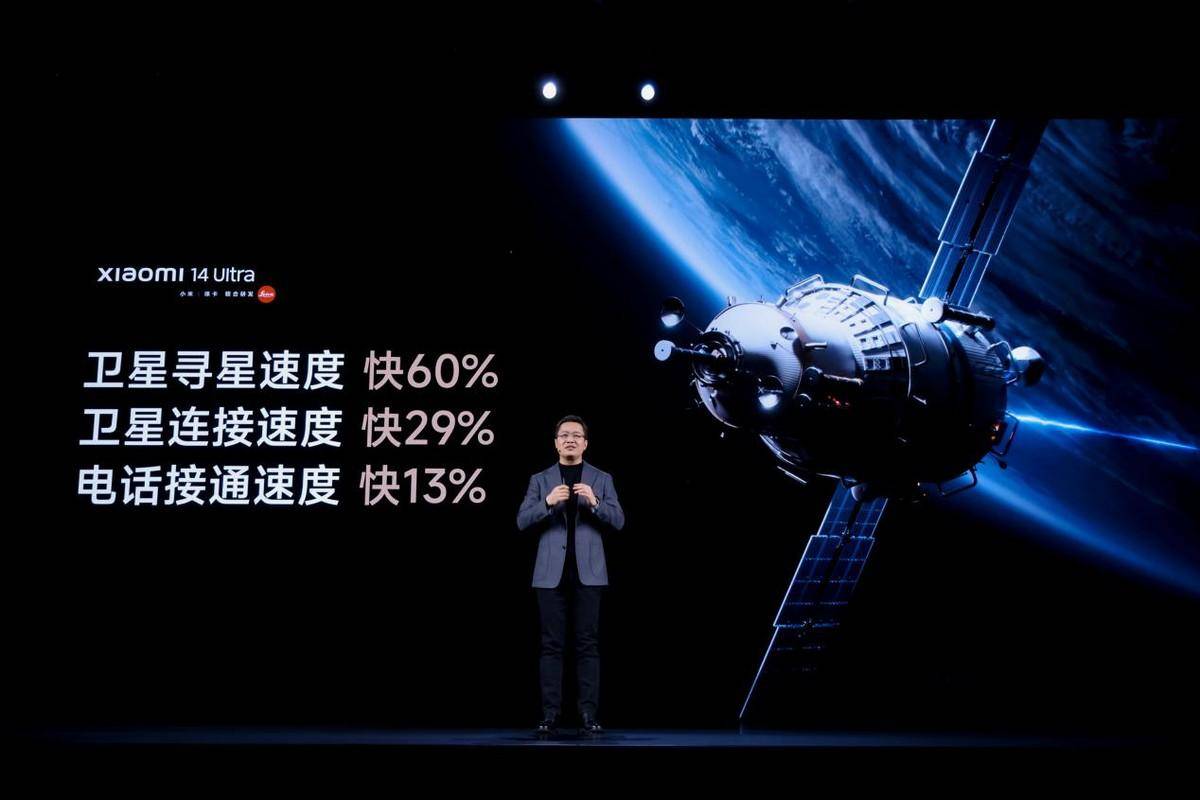
In addition to the reliable satellite communication technology, the Xiaomi 14 Ultra boasts upgrades such as the third-generation Snapdragon 8 powerful performance, Leica full-focus large-aperture quad-camera system, long-lasting 5300mAh Xiaomi Jinsha River battery, and durable Xiaomi Longkai architecture body. With all quality performance aspects in place, this high-end flagship competes strongly with Huawei. It’s truly impressive how Chinese smartphones are increasingly making us proud!